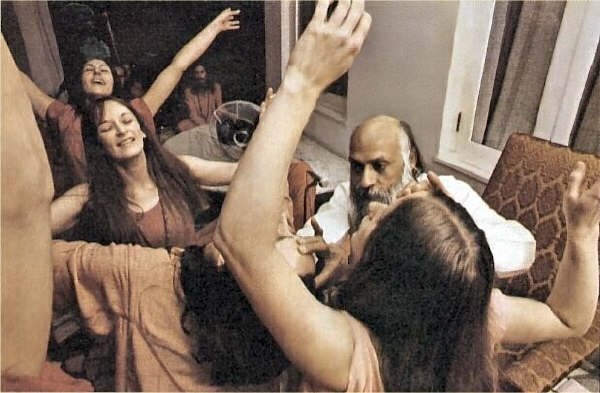To feel good with oneself should be a natural and easy thing. That's what your religious preachers go on doing, what your priests go on doing: go to the mosque, go to the temple, go to the church, and they are there — thundering, condemnatory, ready to throw you into hell, ready to reward you with heaven if you listen to them, if you follow them. Of course you cannot follow because their demands are impossible, and their demands are impossible because they don't show you the way to be good. They simply say. "Be good."
The way to be good has nothing to do with being good. The way to be good has something to do with centering, with awareness. Being good has nothing to do with your character. A really good person has no character at all; he is characterless. And when I say 'characterless', I mean he has no armour, no armature around him. He has no defences around him, he's simply open. He's as characterless as a flower. He's neither good nor bad. He's simply there — alert, conscious, responsible. If something happens he will respond, but he will respond directly, he will respond from here. He will respond out of the now, he will not respond out of the past. 'Character' means: you go on carrying the things that you have learned in your past. 'Character' means: the conscience that has been preached to you and forced upon you. Conscience is a prison for consciousness.
Buddha brought a revolution into the world of religion, the greatest ever. The revolution was this: that he emphasized consciousness and not conscience. He emphasized awareness and not character. Of course, character comes automatically, but it comes like a shadow. You are not to carry it; it is not a burden then. Have you ever watched? — your shadow goes on following you, and you are not burdened, and you need not care about it. You need not think about it. Even if you forget completely it will be there. You cannot lose it.
Buddha says: Character is real only when you cannot lose it. If you are afraid that you can lose it, then it is conscience and not consciousness.
OSHO


